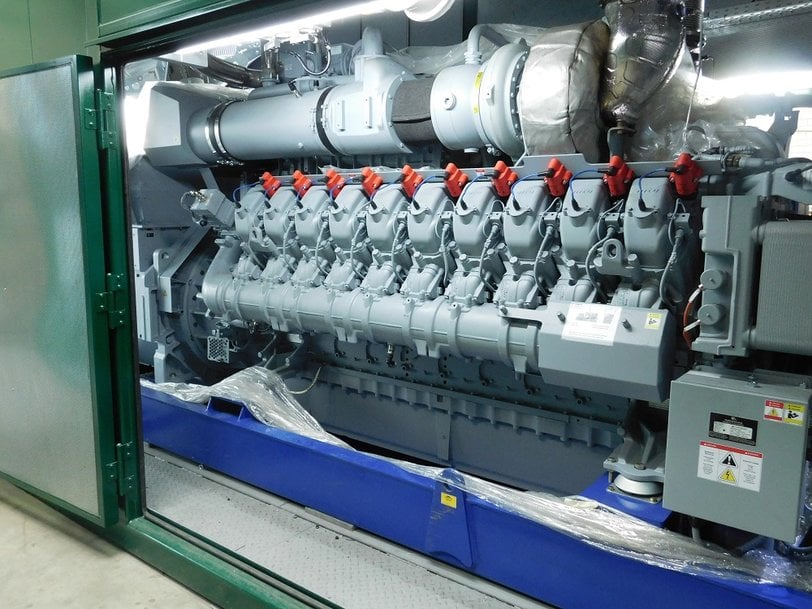www.industry-asia-pacific.com
28
'21
Written on Modified on
Revolutionise your energy supply
Why the plastics industry should consider generating its own electricity.

If I told manufacturers they could use £12 worth of electricity and only pay £6.50 for it, they would think it sounded too good to be true. However, businesses that generate their own electricity using combined heat and power (CHP) systems do just that. Here Luke Worrall, business development manager at heat and power solutions specialist NerG, discusses the benefits of CHP systems and explains why plastics manufacturers should change their approach to installing them.
Plastic manufacturing processes, like extrusion, injection moulding and process cooling, require a lot of power with little room for disruptions caused by unplanned downtime. With mounting energy bills due to rises in non-commodity costs, the plastics industry needs to explore other cost-efficient energy solutions, like generating its own electricity using a CHP system.
The primary purpose of CHPs is to generate electricity as efficiently as possible, taking in natural gas to produce electricity and heat. This heat is a secondary output but there are innovative ways that it can be used, such as space heating or for pre-heating raw materials in the manufacturing process.
However, to reap the benefits of the technology, CHP systems must be correctly sized to the facility, while matching the electricity base load rather than the heat base load of the building.
Getting the most out of your system
The key to success is choosing the correct sized unit. When CHP systems are supplied to meet the heat base load, it leads to the system being incapable of fulfilling a facility’s electricity demands because it’s too small. This means the facility will still take significant levels of electricity from the grid to supplement that supplied by the CHP system.
CHP systems should be supplied to match the facility’s full electricity profile, and not the heat base load. Only systems that are designed to offset as much grid electricity as possible reap the biggest financial rewards.
What’s more, innovative heat and power solution specialists can put the extra heat output from the larger system to use across several applications depending on the facility in question. From space heating to pre-heating raw materials or producing high temperature thermal oil or steam, CHP’s can help to reduce any existing loads on the facility.
Electricity usage profiles can be acquired by analysing half hour meter data which is easily obtained from your electricity supplier. Once demand profiles are established, it is a straightforward process to calculate the electricity base load for the building.
This information can be used to determine which CHP system is best suited to meet the building’s energy demands. If implemented correctly, CHPs can offset up to 85 per cent of the site’s overall electricity consumption. Appropriately sized CHP systems can offer savings of between 30 and 40 per cent on your electricity bills.
On top of the cost saving, there are also additional benefits in terms of security that can be gained by adopting CHP. Because they can operate independently of the national grid when in island mode, producing electricity at the point of use, they can operate even in the event of an outage on the grid. Using automatic switching, the system can be set up to enter island mode automatically so that, in the event of an outage, the system remains energised through the CHP and this switch over is seamless.
Unplanned downtime negatively impacts productivity and consumer trust. A survey of manufacturers across several industries found that, when they experienced unplanned downtime, 37 per cent lost production time on critical assets. For plastic producers, this can have major operational and financial implications due to halted production and loss of stock in the process. The black start potential of CHP will help to avoid this by keeping them up and running in the event of an outage.
With the cost savings and security benefits, CHP systems offer the plastics industry the chance to revolutionise how it meets its energy demands.
www.nerg.co.uk

